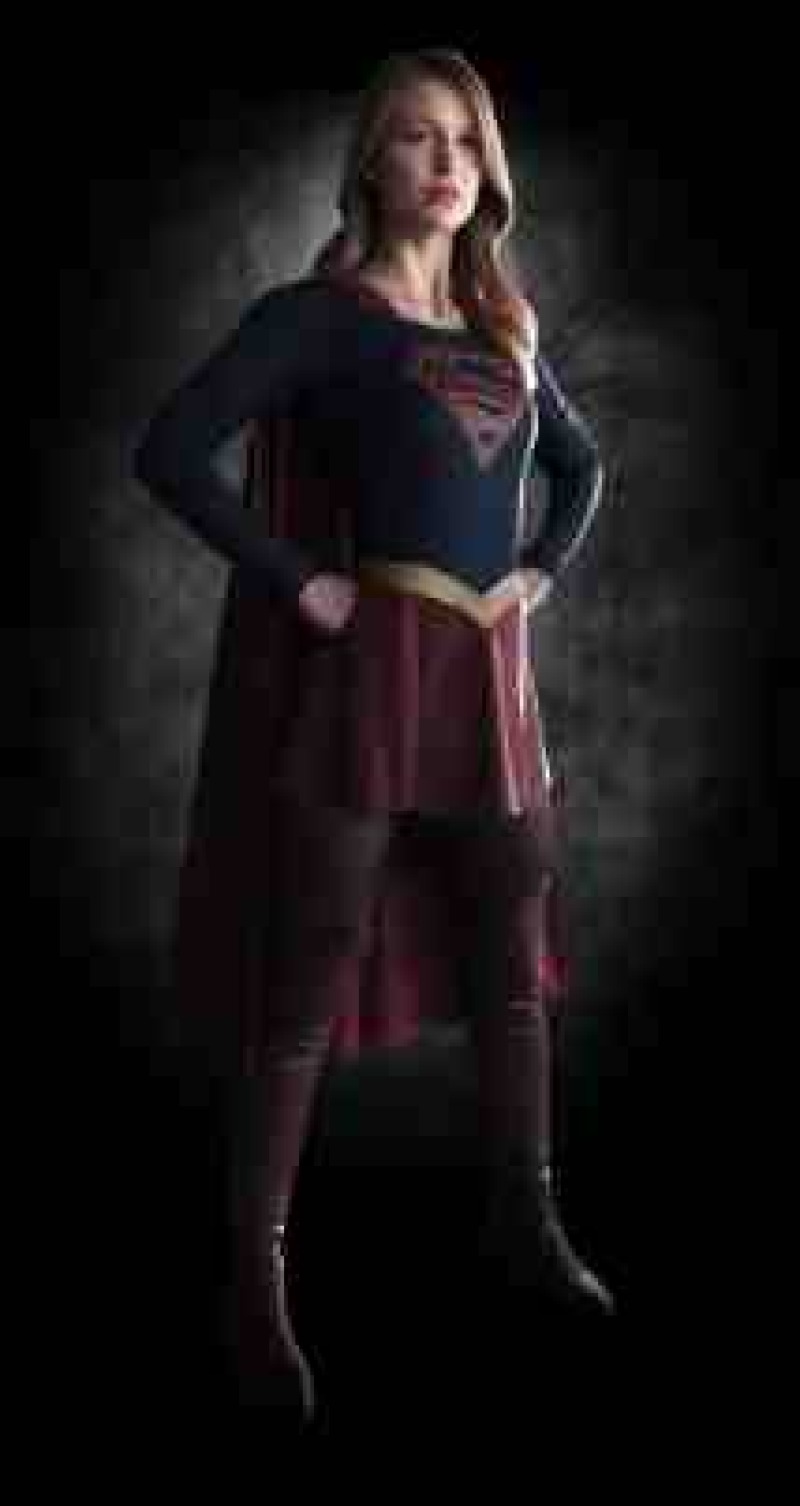
The inspiring television show "Supergirl" starring Melissa Benoist might have a female superhero as its lead star, but that does not mean that the show is not grounded on reality.
In fact, co-creator Ali Adler took great care in presenting real issues in the show, such as gender equality, human inequity, and racial discrimination.
Adler said that it was important for them to tackle these things because they want audiences to relate to their stories and characters.
"I just think that we're talking about what people are talking about out there in the world, and we like the verisimilitude of mirroring our world with the real world, and as much as we can do that. As much as people can relate to who these people are despite superpowers, that's our goal," Adler said during an interview with Collider.
Adler noted that the show went under extra scrutiny when it first aired, especially since it has a lead female star. However, once people saw the show, audiences became less concerned about identifying with a female superhero and became more interested to just get to know the girl who wears the cape.
"I think... for example, (if) there were a female President, every move she makes will be scrutinized. But at the end of the day, she'll just have been the President, so it really doesn't matter. We hope people are watching, that they continue to, and of course when you're the first of anything - and that's just in the forty years since we've had a traditional female superhero on the networks - but it all just becomes part of the landscape," Adler further said. "I think even our conversations are changing. That it's less about (Supergirl) being female and more about her being Kara."
Mechad Brooks, who portrays Kara's guardian Jimmy Olsen in the series also praised the show for its fearless reaction to social issues that are currently hounding society.
"That's a testament to Andrew Kresiberg, Ali Adler, Sarah Schechter, and Greg Berlanti," said Olsen. "They come from a generation that understands where we are today in our society. So, I think that they have taken an incredible opportunity to talk about sexism, and an incredible opportunity to talk about human inequity, whether that's race or gender or, knowing them, I think we'll probably get into sexual preference. But, it's just been a really incredible opportunity to be able to be subversive in a good way."



















